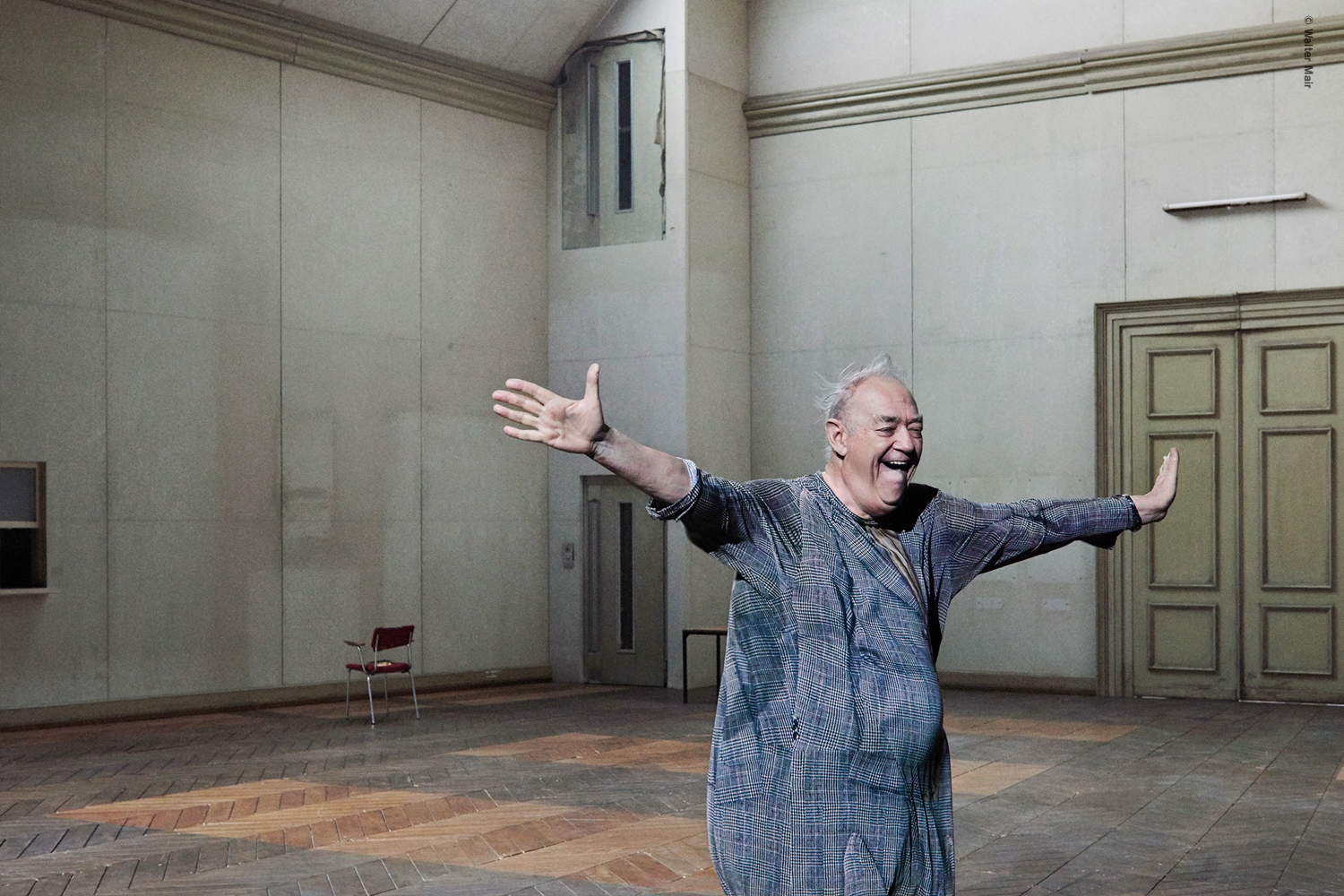


Brecht’s radically-experimental learning play is about revolutionising the social concept of motherhood. As the “producer” of man, the mother is the re-productive agent of human labour force. Suddenly it has become impossible to fulfil this reproductive task, because she is running out of food. The son darts a scornful glance at the poor dinner she has prepared. The mother is at the end of her tether. She is unaware of the fact that other forces are at fault for the lack of meat in her kitchen, that the amount of food at her disposal is decided elsewhere. She does not really intend to support communism, all she wants is to support her son who was picked out for distributing pamphlets. In the course of their argument, she succeeds in transforming the resentment that threatens her relationship with the son into hostility towards their mutual enemy. She endures the long way from first aid to last rescue, which can only be achieved by solidarity among the working classes. Common-sense - the counterpart of radicalism – advances step by step. The more immediately people are involved in production processes in the capitalist economy, the more they face exploitation. In our times, the family has become an institution which pushes the exploitation of women as mothers. Communism is, in fact, a rather moderate alternative compared to the radical nature of capitalism because communism does not advocate the unmaking of family ties altogether, it merely scrutinizes their benefit for social progress.
With: Frank Büttner, Silvia Rieger, Davide Scarano, Pascale Schiller, Mex Schlüpfer, Harald Warmbrunn and Günther Zschäckel
Director: Silvia Rieger
Stage Designer: Bert Neumann
Costumes: Teresa Tober
Light Design: Torsten König
Dramaturgy: Sabine Zielke